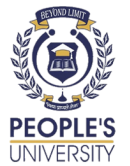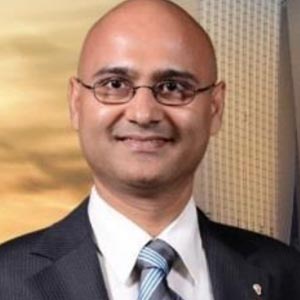As biomedical research is transitioning into data-rich science, machine learning provides a strong toolkit for knowledge extraction from large-scale biological data sets. The increasing availability of comprehensive omics compilations (transcriptomics, proteomics, metabolomics, and genome sequencing), as well as data modalities like electronic health records and images makes machine learning approaches increasingly essential for analyzing human data sets.
On a separate note, detecting drug-target interactions is fundamental to both new drug discovery and old drug repositioning. The known drug-target interactions based on wet-lab experiments are limited to a small number. The big gap between known and unknown drug-target pairs has prompted interest in Drug Target Interaction (DTI) prediction. To address the challenges of traditional methods, chemogenomic approaches using machine learning have recently been performed successfully in drug discovery and repositioning.
I will discuss the impact of advancements in machine learning on biomedical research and drug discovery. I will share classification of the machine learning methods into two major categories: supervised and semi-supervised methods. I will also present the advantages and disadvantages for methods of each category. Finally, I will discuss the challenges and further outlook for current machine learning methods in biomedical research and DTI prediction.
Dr Rahul Pandey
Dr. Rahul Pandey completed his undergraduate studies in Chemistry from Indian Institute of Technology (IIT) Kanpur, India in 2002 and PhD in life sciences from University of Bayreuth, Germany in 2007. He moved to Singapore in 2007 and joined A*STAR (Agency for Science, Technology and Research) as a research scientist. In 2012, he joined Intellectual Property Office of Singapore (IPOS) as a patent examiner and played a crucial role in establishing their patent search and examination as well as patent analytics capability. He joined Clarivate Analytics as a consultant in 2016 and routinely resolves issues faced by the healthcare industry in Asia Pacific.
He has extensive experience in life sciences, research management, invention evaluation and data analytics. He is uniquely equipped to understand and assist with issues all through from discovery to launch in pharmaceutical/medical technologies space.
Sessions
June 22: 5 to 9 pm, ISTEmail : pandey.rahul@gmail.com
Location: Singapore
Dr Rahul Pandey



